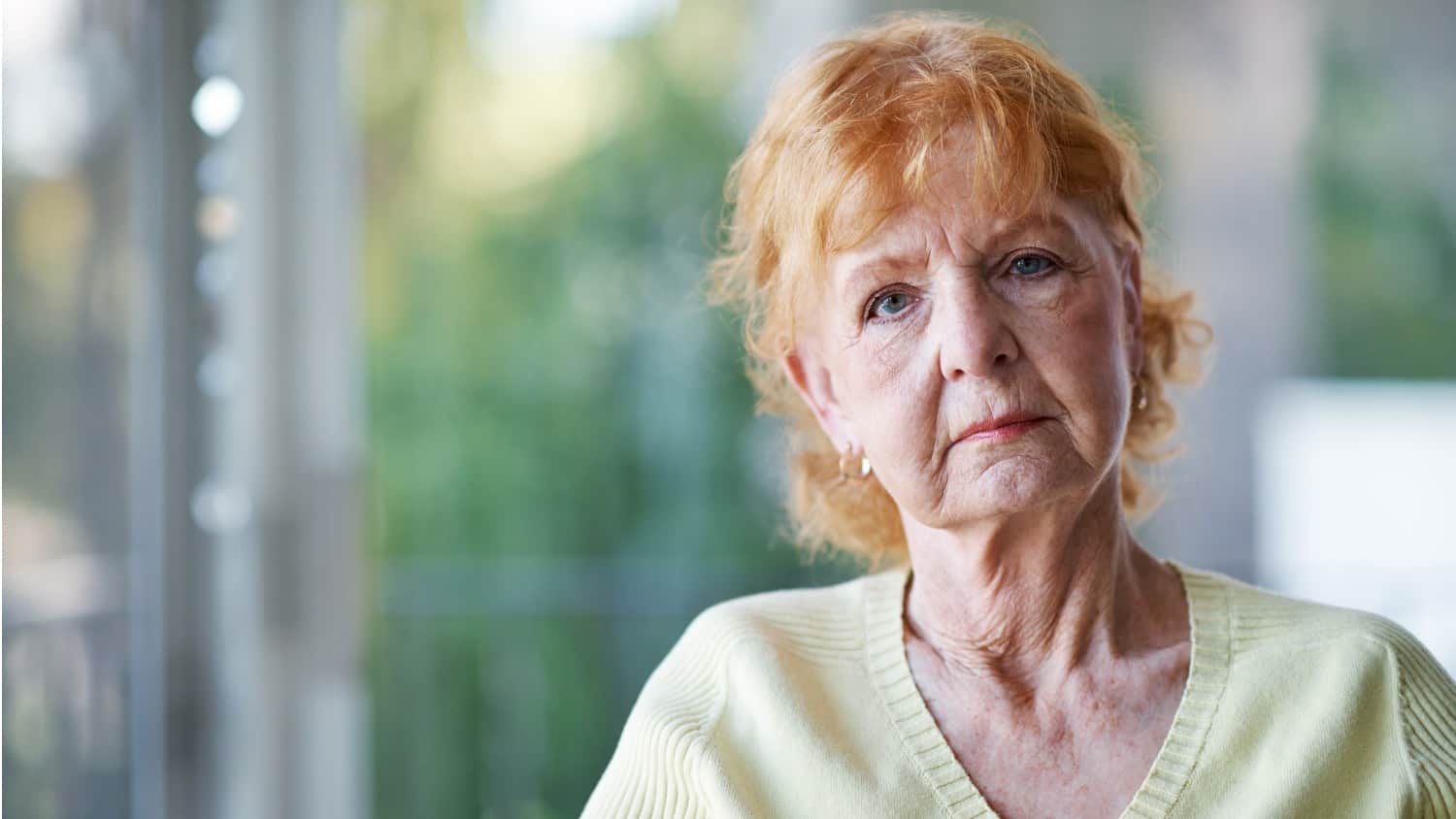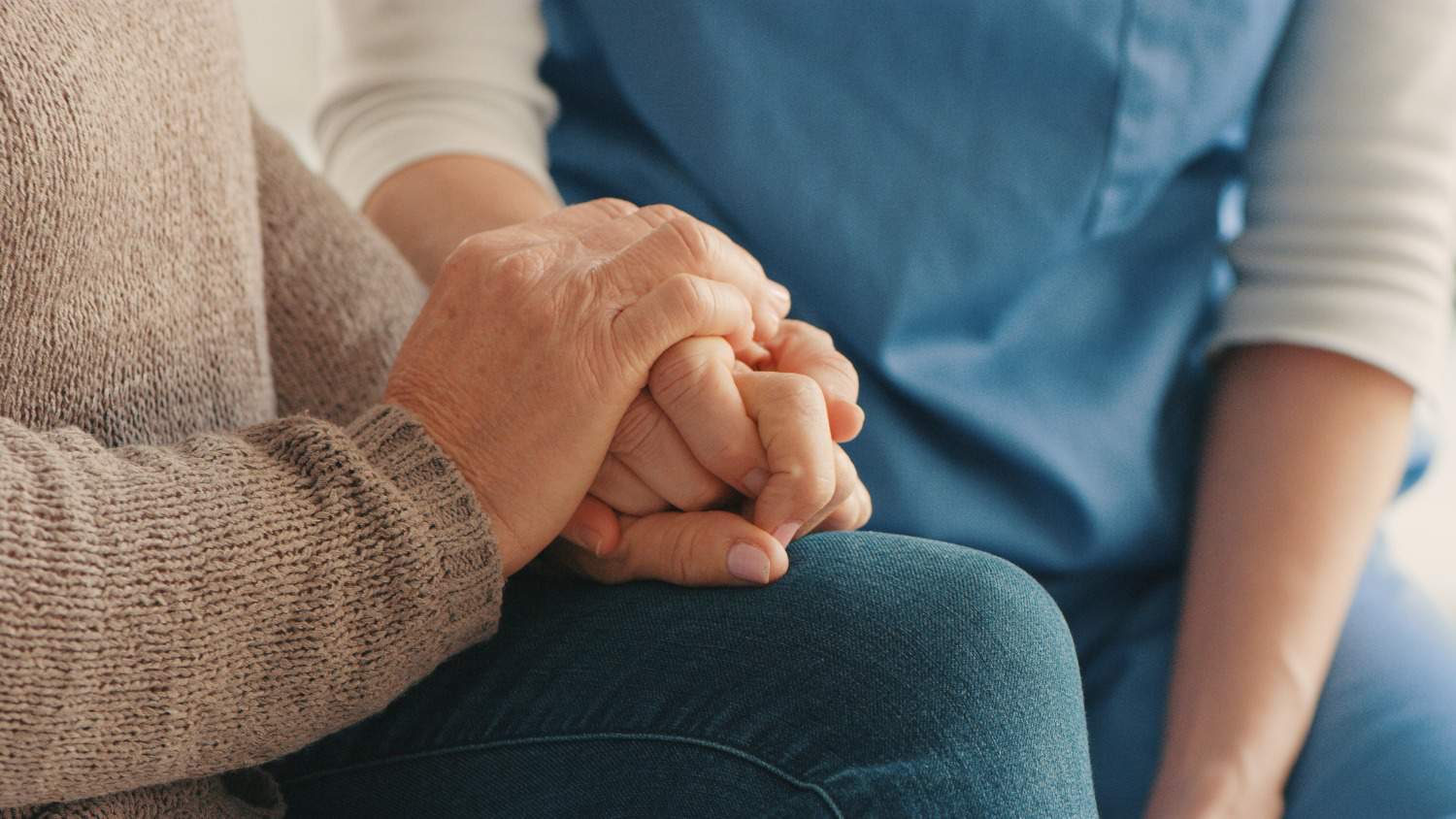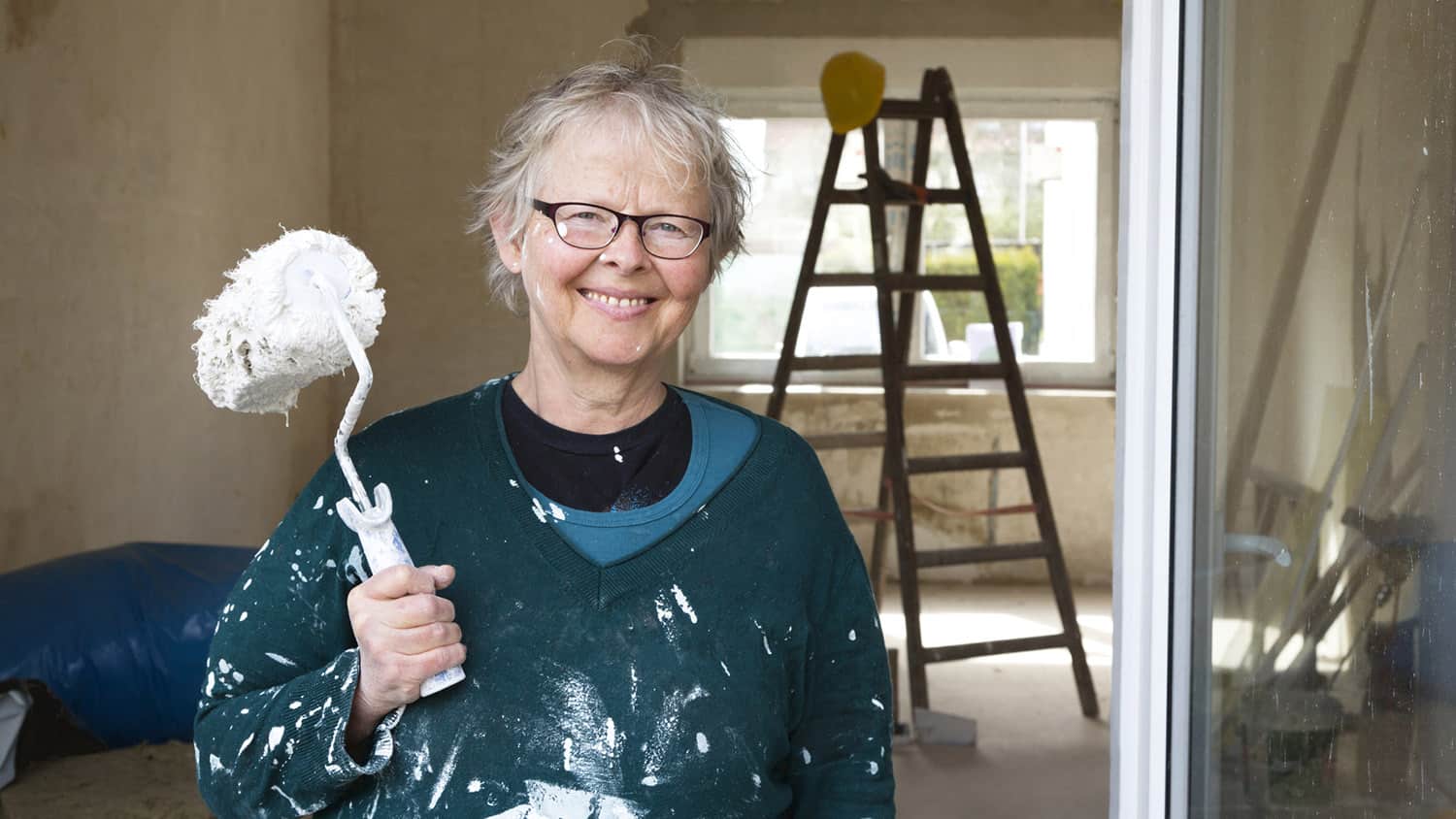
Can Gratitude Stall Healing? Yes, When It’s Forced!
As a life coach for widows, I often talk with people who are using gratitude against themselves. Self-inflicted, forced gratitude is how many people attempt to kick themselves into a better emotional state. It isn’t effective, and for good reasons.
For starters, most of us are just not good at feeling bad.
Most people are never taught that it’s okay to feel difficult or negative emotions. In fact, we are often talked out of them as children.
“Don’t worry.” “Don’t feel sad.” “Don’t be nervous.”
Many people grow up thinking that it’s not normal or acceptable to feel negatively; that life is somehow supposed to be a bowl of cherries at all times. So, if difficult emotions are perceived as abnormal, then we certainly don’t learn how to deal with them.
Without the ability to process difficult emotions, we reach for a buffer in an effort to temporarily soothe the discomfort: alcohol, food, drugs, social media, over-scheduling, over-working, Amazon, and Netflix are just a few examples, each with its own consequence.
Life Throws Curveballs
When a seismic event of a lifetime shakes us to the core, it levels everything that was once normal, predictable, and safe in our lives.
No matter the curveball, many people are grieving something. Any previous negative emotion likely pales in comparison. Like never before, we reach for our buffer-of-choice to try to dull the pain, at least momentarily, and despite the consequences.
Gratitude Can Be a Weapon
We also try to talk ourselves out of difficult emotions. This is where gratitude comes into play. If we have many other blessings, we somehow think that we’re not allowed to feel short-changed.
We don’t want to wallow in our grief, so we shame ourselves into gratitude. “At least I haven’t lost my job.”
We count blessings instead of feel feelings. We fake it, thinking that eventually we will “make it.”
Well intended platitudes offer up gratitude as an antidote to grief. “At least you had so many years together.”
We don’t feel entitled to our feelings of grief, so we kick ourselves with gratitude.
Forced Gratitude Stalls Healing
Gratitude is often a useful feeling, but not when used against ourselves. We can count millions of blessings and still feel robbed of what matters most.
It’s okay to have enjoyed three decades together but still mourn for the two more you had planned. It’s also okay to have enjoyed the most wonderful vacations and still be angry when a trip is cancelled. Finally, it’s okay to feel both grateful and cheated at the same time.
When we force thoughts of gratitude, we sweep the pain of loss under the rug. By forcing ourselves to count blessings, we resist the difficult emotions. And what we resist, persists.
There Is a Simple Solution
The most efficient way through grief is straight through. That means feeling the difficult emotions that come with the territory. Processing each feeling as it comes is a simple yet profound tool. Here are seven simple steps:
#1 Allow the difficult feeling to be there without reaching for an escape button or buffer.
#2 Name it (is it sadness, stress, regret, anxiety?).
#3 Notice where in the body you feel it. Does it move or stay in one place?
#4 Describe it. Is it heavy, fluttery, pulsing, or something else?
#5 If it had a color, what would it be?
#6 Breathe it in and observe how it changes over time. As it changes slightly, repeat the steps above.
#7 Be courageous enough to be fully present with the feeling until it loosens its grip even slightly.
Basic Human Experience
Feeling the wide range of emotions is, after all, the most authentic human experience. “The deeper that sorrow carves into your being, the more joy you can contain,” wrote Kahlil Gibran in The Prophet.
With practice, we can learn to feel the difficult feelings as they come. We relinquish the need for buffers because we are courageous enough to feel any feeling. We can then more fully appreciate the positive emotions too, including the most genuine feelings of gratitude.
Let’s Have a Conversation:
What have you grieved this year? Did you try to not feel your grief? Have you tried to count your blessings instead? And how do you feel now? Has forced gratitude robbed you of true gratitude? Please share your thoughts with the community.







Insensitive comments of friends are an impediment. A young friend was in a postpartum depression after her child was born – her friends were nasty because she was not a blissfully happy new mother. Another friend has a 98 year old mother with advanced cancer and no one is helping her deal with it- they keep saying “Things are going to be okay, ” even though clearly her mother will die soon. Another friend who lost the love of her life is, 3 months later,
being lectured because she has not had “closure.” People misunderstand Kubler Ross’s five stages of grief – they think after someone dies you should quickly have closure. Kubler Ross actually was referring to facing your own impending death, you can go through those five stages. But when your loved one dies you live with that loss for the rest of your life. I’ve found that very few people have the sensitivity or wisdom to be supportive through many of life’s losses. I simply don’t talk to most people anymore about things that matter, I talk to my therapist instead
Thank you for a very useful article. My son died last week. He had addiction issues, so I’ve preemptively mourned his life for several years now and I hadn’t seen him for several years. Yet I was not prepared for the deep-seated grief that I would feel when it actually happened. As the days have gone by, it’s become worse, realizing that this is something that will always be with me and I’ll gradually move past it but never leave behind the loss of my child. I think this article will help.
Thanks for talking this way openly. My husband died earlier this year. I no longer reside in USA and here its not culturally given to talk snd remember. There is an online community and though bereavemnet therapists here it us all 1:1. I find the practical tips helpful.
This is really good and helpful! I agree that we are often taught to bypass negative feelings, rather than acknowledge a full range of emotions that we may feel. I find that compartmentalization helps me, because it recognizes that feelings can co-exist. My mom has mid-stage dementia, so I am grieving the loss of who she once was, but at the same time savoring the joy of watching my two adult children going on a trip together. Thank you for your article.
thanks for speaking about this!!!